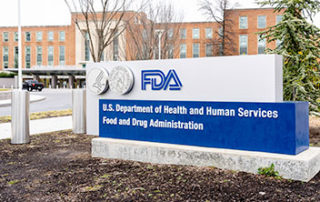FDA issues new draft guidelines on potency assurance for cell and gene therapy products
webmaster2025-10-06T21:50:10+00:00In this draft guidance, the FDA emphasizes that potency assays and their corresponding acceptance criteria should be designed to make meaningful contributions to potency assurance by reducing risks to product potency. They provide illustrative examples of approaches to potency assay development that are...

